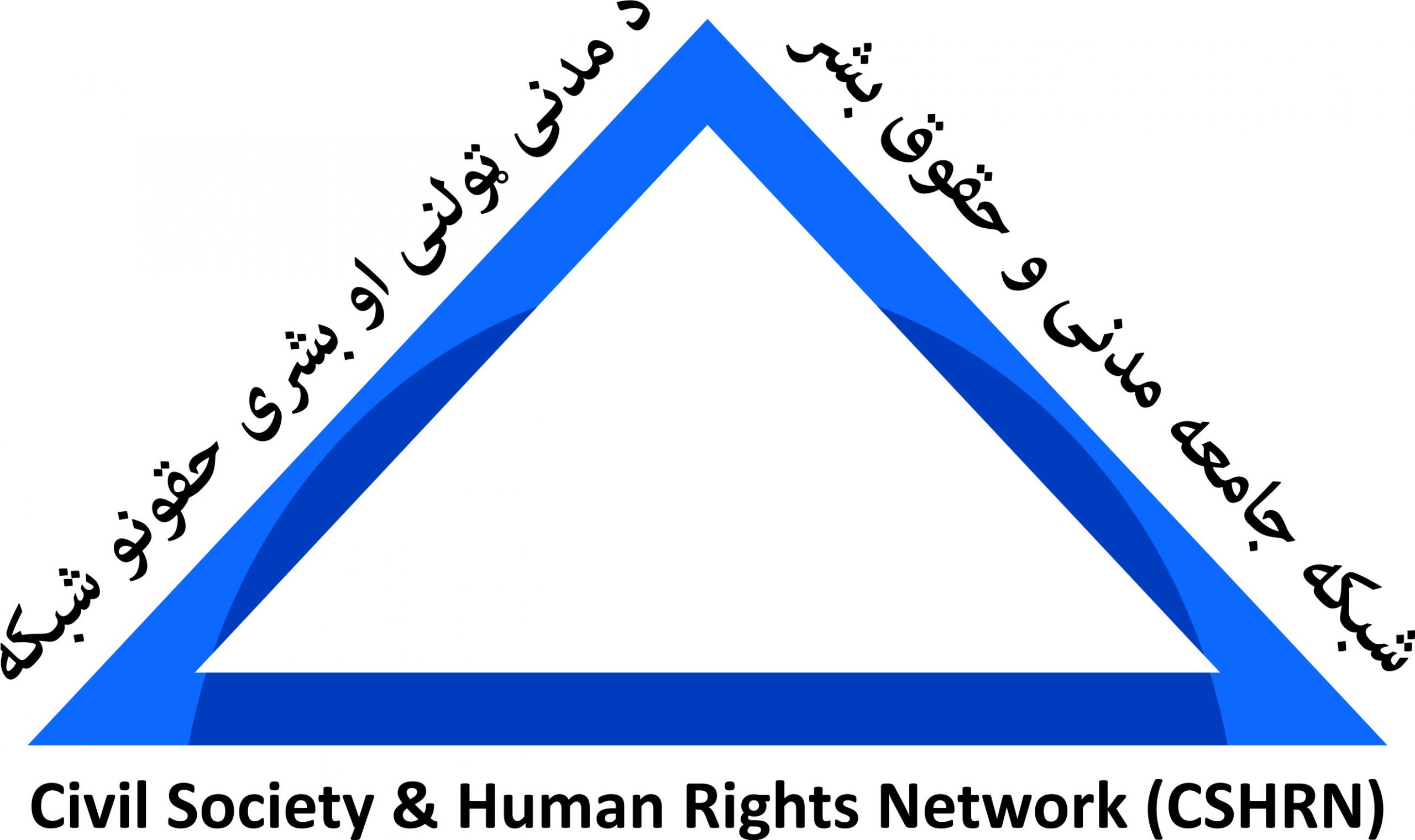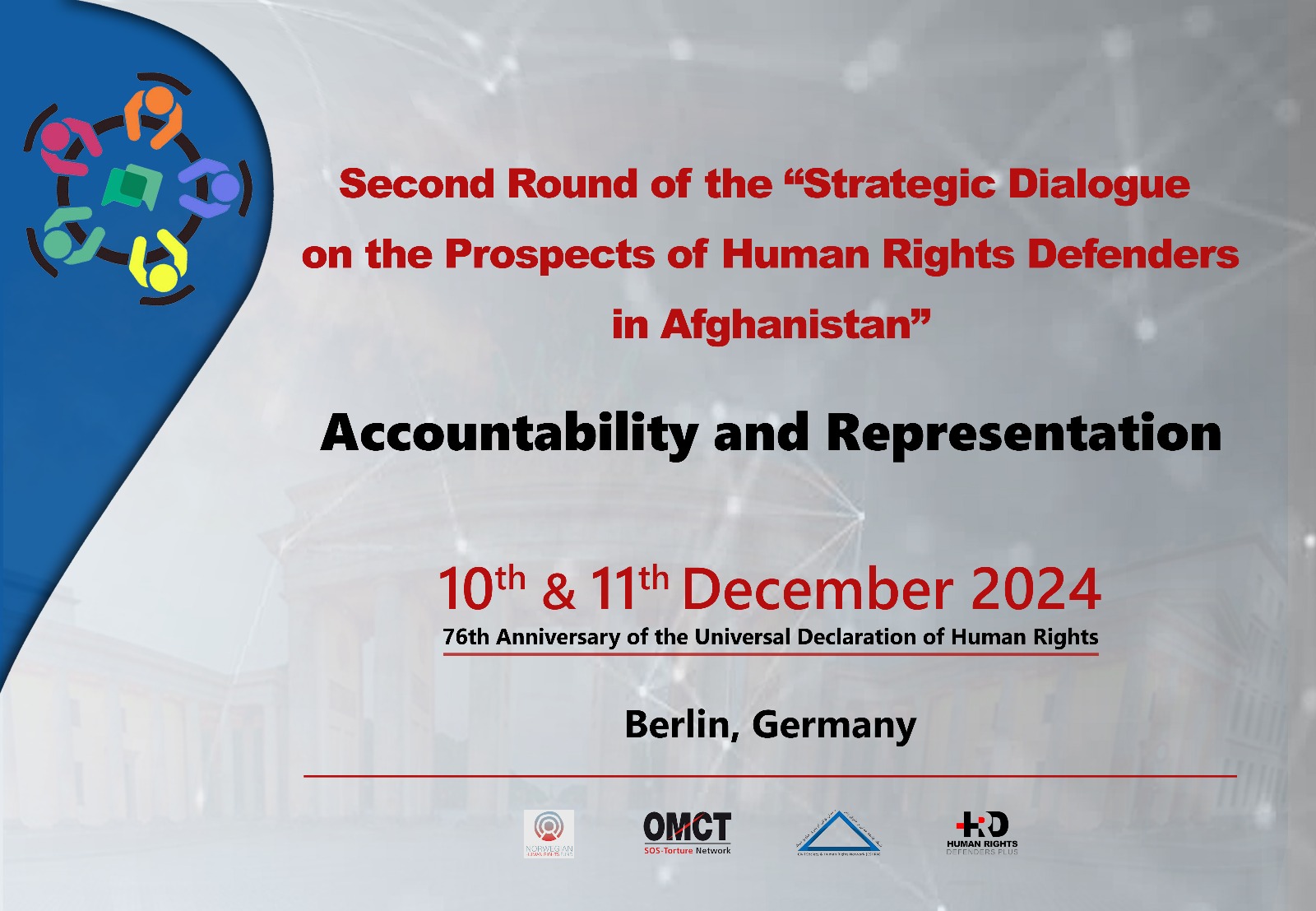Being a Voice for the Silenced: 58th Session Human Rights Council
Introduction:Let’s us break the silence and expose the grave human rights violations within Afghanistan’s detention system. Discover the finding of a study conducted with former prisoners in Afghanistan, accompanied by testimonies by interviewees. We call on the UN Human rights Council to uphold justice, accountability, and to ensure the protection of detainees from torture and ill-treatmentFrom February 24 to April 4, 2025, the United Nations Human Rights Council (UNHRC) convened its 58th regular session in Geneva, Switzerland. This session brought together representatives from Member States, international organizations, and civil society to address pressing human rights issues worldwide. Afghan human rights defenders, civil society organizations, and international allies gathered to shed light on the escalating repression, particularly the ongoing crackdown on women’s rights, freedom of expression, and the targeting of activists.Throughout the week, Civil Society and Human Rights Network (CSHRN), Human Rights Defenders Plus (HRD+), World Organization against Torture (OMCT), and Afghanistan Democracy and Development Organization (ADDO) brought together a dedicated group of Afghan human rights defenders to participate in the session, amplifying Afghan voices and advocating for justice. Alongside fellow Afghan activists and international allies, we engaged in crucial advocacy efforts, ensuring that Afghanistan remained a key focus of the HRC 58th session. This newsletter captures the key discussions, interventions, and outcomes related to Afghanistan, showcasing the unwavering commitment of Afghan civil society on the global stage. Complete Report (PDF)


